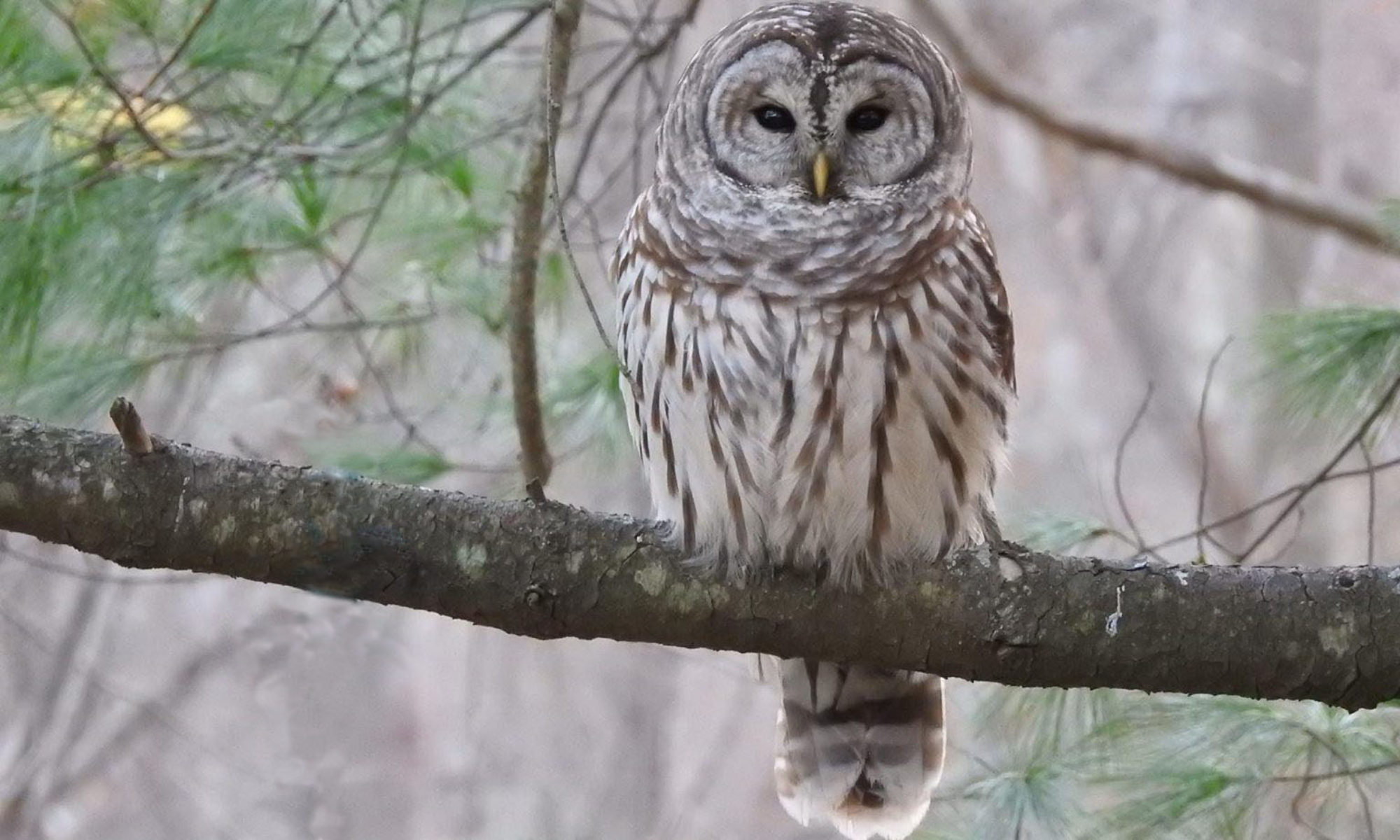I find myself worrying a lot nowadays, perhaps a side-effect of my PD medications, but certainly not without merit. Among the many worry-worthy subjects, I fret a great deal about the world we are leaving to future generations of birders, including my sons.
While visible and vocal, the birding community is still relatively small, and expanding and diversifying is an important first step to raising awareness of these threats. One exceptionally easy thing we can do is replace offensive eponymous bird names that memorialize and pay tribute to colonialist slaveowners, racists, and sexists–pretty much every name containing an apostrophe. The simple act of rejecting these odious connections and honoring the birds with honorable names will have an effect that extends beyond nomenclature. A willingness to engage with the subject is an assertion that inclusivity is valued. Making birding more inclusive and welcoming–a good in and of itself–will result in more birders, and more birders means more advocates for birds and conservation. In relating names to distinctive aspects of the species’ habits, habitats, appearance, or home ranges, new names could actually add value to the birding experience by calling out memorable or noteworthy aspects of the species.

Will this cause confusion? Of course! People hate change, but after a little grumbling, past name changes have been adopted quickly (cf. Long-tailed Duck, Thick-billed Longspur.) In practice, new names are constructed and old names dusted off and reinstated every time the AOS gets the urge to lump or split, which is to say, quite frequently. Scientific names also change regularly in response to new DNA discoveries, and as a result even whole genera are sometimes reassigned (RIP Dendroica!) and birders more or less keep up. It’s time to attack this opportunity with gusto.
What can one do right now?
Educate yourself— Bird Names for Birds is a good place to start. The bird-renaming week thread at 10,000 Birds is a thought-provoking peek into the ongoing discussion.
Look for opportunities to engage others. Bring the subject up with other birders.
Be creative. For us, for example, this is a “teachable moment,” and in response we are devising a home-schooling study unit that includes a little bit of avian biology, a little bit of history, and possibly a little bit of field observation, incorporating this research into an advocacy project that picks a species, suggests an improved name, and provides an argument substantiating that choice.
Write the AOS advocating for the replacement of dishonorable eponyms with accurate, descriptive names.
And maybe, if a few more people take up the cause, we can all worry just a little less.
breaking
As I was about to publish, the AOS announced an ad hoc committee to recommend how to think about thinking about changing names: “a committee charged with developing recommendations for guidelines and procedures used to identify and change harmful English bird names. This new committee will not have the responsibility of changing English bird names, but rather will make recommendations on a process to do so that includes the perspectives from many stakeholders in the broader ornithological and birding communities.”
In other words, a meta-committee that appears to have little real power beyond its moral mandate to talk about how to talk about the subject.
